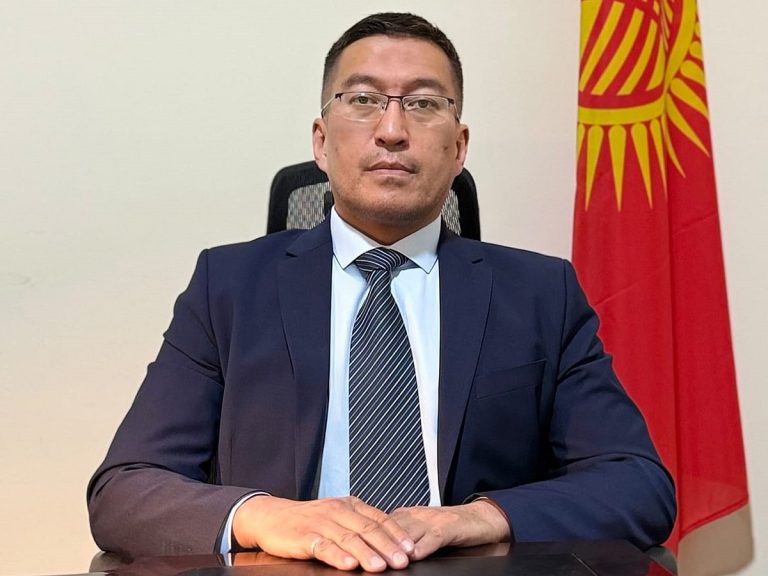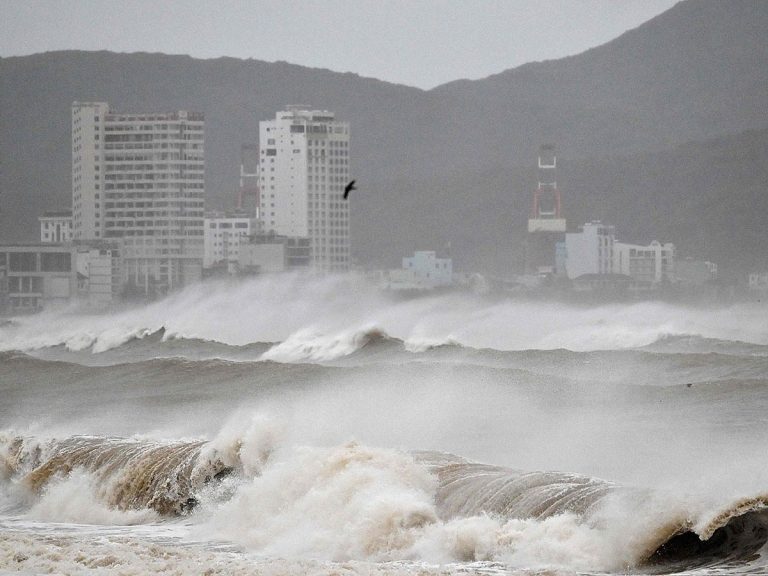Hurricane Melissa’s Impact and Humanitarian Response in Cari
Hurricane Melissa has wreaked havoc across the Caribbean, resulting in significant loss of life and widespread destruction. As the region grapples with the aftermath, various humanitarian organizations are mobilizing to provide essential support to affected communities.
Humanitarian Response Efforts
The United Nations has reported that at least 75 lives have been lost due to Hurricane Melissa, which has affected nearly 5 million people in Cuba, Haiti, and Jamaica. In addition to the fatalities, over 770,000 individuals have been displaced, and tens of thousands of homes, schools, and healthcare facilities have been damaged or destroyed.
Farhan Haq, the deputy spokesperson for the UN Secretary-General, emphasized the ongoing efforts to assist the impacted countries. In Jamaica, the UN Office for the Coordination of Humanitarian Affairs has deployed additional personnel to bolster the government’s response to the crisis.
Support in Cuba
In Cuba, the Food and Agriculture Organization has taken significant steps to aid recovery by providing agricultural tools, livestock feed, and fishing supplies. The World Food Programme has also contributed by setting up mobile warehouses, lighting towers, and tents in the eastern provinces to facilitate relief efforts.
Focus on Vulnerable Populations
The United Nations Population Fund is prioritizing the needs of women and girls by distributing reproductive health kits and working with local partners to address gender-based violence. This initiative is crucial in ensuring that vulnerable populations receive the necessary support during this challenging time.
Infrastructure and Water Supply
The United Nations Development Programme is supplying essential materials such as roofing, toolkits, and generators to assist communities in rebuilding their infrastructure. Meanwhile, the United Nations Children’s Fund is focused on providing clean and safe drinking water to approximately 16,000 people daily, which is vital for preventing disease and improving living conditions.
FAQs
What areas have been most affected by Hurricane Melissa?
Cuba, Haiti, and Jamaica have experienced the most significant impacts, with widespread destruction and loss of life reported in these regions.
How is the UN assisting the affected communities?
The UN is providing various forms of humanitarian aid, including food supplies, health kits, and infrastructure support, to help communities recover and rebuild.
What measures are being taken to address gender-based violence?
The United Nations Population Fund is distributing reproductive health kits and collaborating with local organizations to prevent and respond to gender-based violence during the crisis.
Conclusion
Hurricane Melissa has left a profound impact on the Caribbean, with ongoing humanitarian efforts aimed at alleviating the suffering of affected populations. As recovery initiatives continue, the focus remains on rebuilding infrastructure and addressing the specific needs of vulnerable groups. The international community’s support will be crucial in the coming weeks as these nations work towards recovery.
In addition to immediate relief efforts, long-term recovery plans are being developed to address the extensive damage caused by Hurricane Melissa. Governments in the affected countries are collaborating with international agencies to assess the full extent of the destruction and prioritize rebuilding efforts. This includes restoring essential services such as electricity, healthcare, and education, which are critical for the communities’ recovery and resilience against future disasters.
The economic impact of the hurricane is also a significant concern, as many families have lost their livelihoods due to the destruction of homes and businesses. Agricultural sectors, particularly in Cuba and Haiti, have been severely affected, prompting organizations to focus on restoring food production capabilities. Efforts to provide financial assistance and training for sustainable agricultural practices are being implemented to help communities regain their economic footing.
Furthermore, the psychological toll on the affected populations cannot be overlooked. Many individuals are experiencing trauma and stress as a result of the disaster. Mental health support services are being integrated into the humanitarian response to ensure that those affected receive the necessary care and support to cope with their experiences. As the situation evolves, ongoing assessments will be crucial to adapt the response to the changing needs of the communities impacted by Hurricane Melissa.
Also Read:
Sharjah Charity International Affects 1.3 Million Lives







